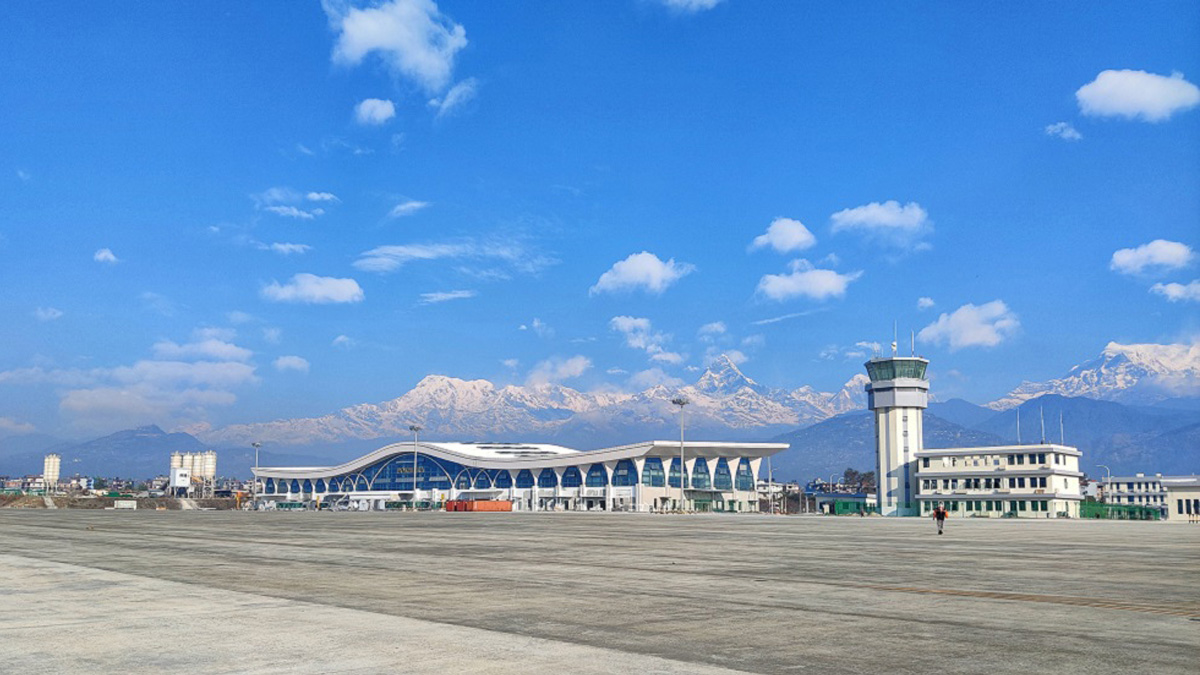
Formation of Parliamentary Sub-Committees to Investigate Irregularities in Airport Constructions
The Public Accounts Committee of the House of Representatives has established two sub-committees to probe suspected financial irregularities in the construction of Pokhara Regional International Airport and Bhairahawa-based Gautam Buddha International Airport.
Sub-Committee Formation and Mandates
A 12-member sub-committee led by RPP Chairman Rajendra Prasad Lingden will investigate the Pokhara airport, while an 8-member team headed by UML Secretary Yogesh Bhattarai will examine the Gautam Buddha airport. Both sub-committees are tasked with submitting comprehensive reports within one month, detailing their findings and recommendations.
Committee Members
The Pokhara airport sub-committee includes Arjun Narsingh KC, Gokulprasad Baskota, Janardan Sharma, Tara Lama Tamang, Tejulal Chaudhary, Deepak Giri, Devprasad Timalsina, Prem Bahadur Ale, Ramkrishna Yadav, Rukmini Rana Baraili, and Lekhnath Dahal.
The Gautam Buddha airport sub-committee consists of Achyuta Prasad Mainali, Amresh Kumar Singh, Bikram Pandey, Manju Khand, Manish Jha, Shyam Kumar Ghimire, and Saraj Ahmed Farooqui.
Investigative Scope
Chairman Rishikesh Pokharel emphasized that the sub-committees will examine the entire project lifecycle—from initial proposals to master plans, costs, contracts, and construction phases. The investigation will address the substantial financial investments and assess whether the funds were utilized effectively and transparently.
The construction of this airport started on 2 August 2016 after the agreement between the government and the Chinese state-owned contractor CAMCE. To build the Pokhara airport, the government signed an agreement with China’s Exim Bank and took a loan of 1.37 billion Chinese yuan. No need to pay 25 percent interest on it. There is 2 percent interest on the remaining amount. This is an expensive interest rate. The interest on loans taken from international donor agencies is less than 1 percent. This loan has a grace period of 7 years and is to be repaid in a total of 20 years.
The Pokhara International Airport saga epitomizes the complexities inherent in infrastructural projects financed through foreign loans, underscoring the importance of meticulous planning, oversight, and adherence to contractual obligations. As Nepal grapples with the repercussions of this debt spiral, diligent efforts must be undertaken to navigate through the challenges and secure the future viability of the airport.
The Auditor General’s Office has urged coordination with airlines and countries to initiate regular international flights from both airports, emphasizing the need to maximize the return on investment and ensure the airports fulfill their intended roles.
The formation of these sub-committees represents a significant step toward ensuring accountability and transparency in the management of large-scale infrastructure projects. The findings and recommendations from these investigations will be crucial in addressing any financial irregularities and improving the future governance of similar projects.













Comments